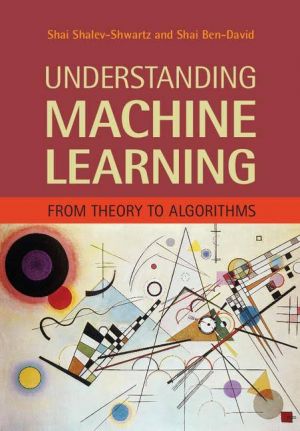
The subject of this book is automated learning, or, as we will more often call it, Machine Learning (ML). That is, we wish to program computers so that they can "learn" from input available to them. Roughly speaking, learning is the process of converting experience into expertise or knowledge. The input to a learning algorithm is training...
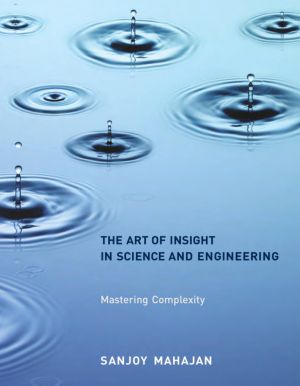
This book shows us that the way to master complexity is through insight rather than precision. Precision can overwhelm us with information, whereas insight connects seemingly disparate pieces of information into a simple picture. Unlike computers, humans depend on insight. Based on the author's fifteen years of teaching at MIT, Cambridge Unive...
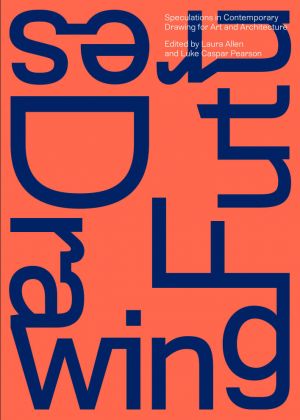
Drawing Futures brings together international designers and artists for speculations in contemporary drawing for art and architecture.
Despite numerous developments in technological manufacture and computational design that provide new grounds for designers, the act of drawing still plays a central role as a vehicle for speculation. There is a r...
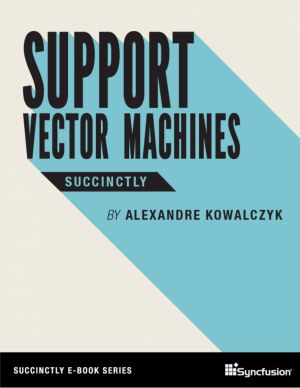
Support Vector Machines (SVMs) are some of the most performant off-the-shelf, supervised machine-learning algorithms. In Support Vector Machines Succinctly, author Alexandre Kowalczyk guides readers through the building blocks of SVMs, from basic concepts to crucial problem-solving algorithms. He also includes numerous code examples and a lengthy b...
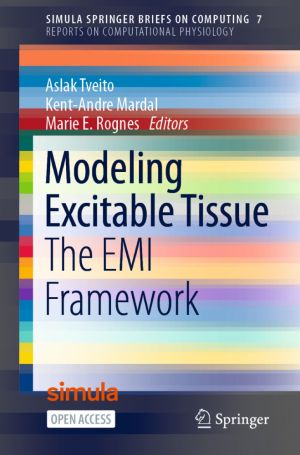
This open volume presents a novel computational framework for understanding how collections of excitable cells work. The key approach in the text is to model excitable tissue by representing the individual cells constituting the tissue. This is in stark contrast to the common approach where homogenization is used to develop models where the cells a...

This open book gathers authoritative contributions concerning multiscale problems in biomechanics, geomechanics, materials science and tribology. It is written in memory of Sergey Grigorievich Psakhie to feature various aspects of his multifaceted research interests, ranging from theoretical physics, computer modeling of materials and material char...
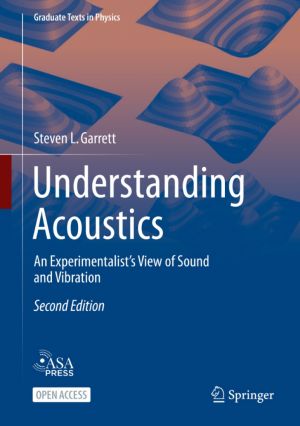
This open book, like Rayleigh's classic Theory of Sound, focuses on experiments and on approximation techniques rather than mathematical rigor. The second edition has benefited from comments and corrections provided by many acousticians, in particular those who have used the first edition in undergraduate and graduate courses. For example, pha...

Creative Scala is aimed at developers who have no prior experience in Scala. It is designed to give you a fun introduction to functional programming. We assume you have some familiarity with another programming language but little or no experience with Scala or other functional languages.
We have three goals with this book:
1. To give an introd...
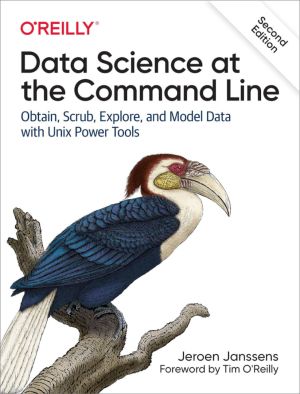
This thoroughly revised guide demonstrates how the flexibility of the command line can help you become a more efficient and productive data scientist. You'll learn how to combine small yet powerful command-line tools to quickly obtain, scrub, explore, and model your data. To get you started, author Jeroen Janssens provides a Docker image packe...
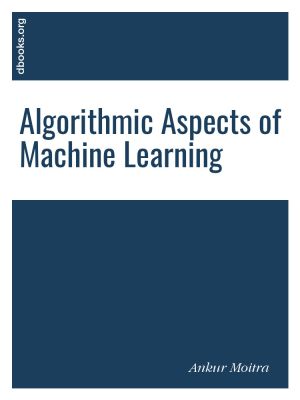
This course is organized around algorithmic issues that arise in machine learning. Modern machine learning systems are often built on top of algorithms that do not have provable guarantees, and it is the subject of debate when and why they work. In this class, we focus on designing algorithms whose performance we can rigorously analyze for fundamen...
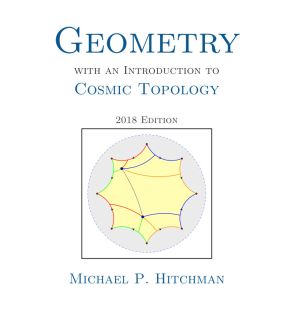
Geometry with an Introduction to Cosmic Topology approaches geometry through the lens of questions that have ignited the imagination of stargazers since antiquity. What is the shape of the universe? Does the universe have an edge? Is it infinitely big?
This text develops non-Euclidean geometry and geometry on surfaces at a level appropriate for ...
